“The Postwar Order Is Dying”: EU Sounds Alarm as China Rallies Anti-U.S. Bloc, Allies Face Strains
Input
Changed
U.S.-Driven Trade and Foreign Policy at the Core
China Escalates Its Anti-American Rhetoric
Alliance Structures Hold, but Fault Lines Widen
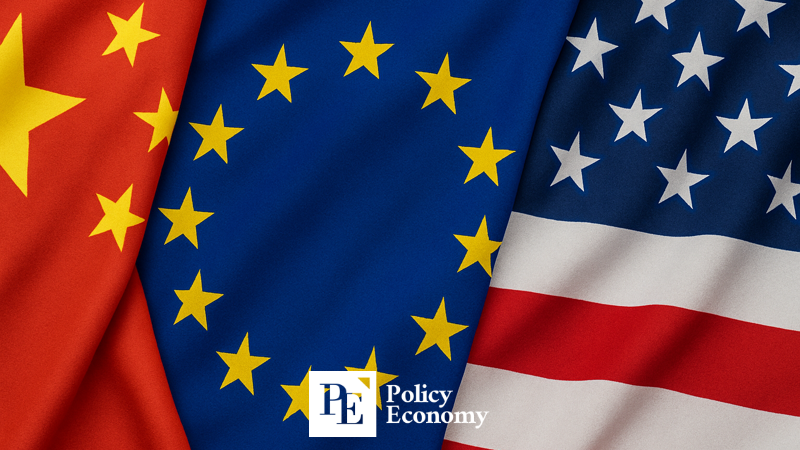
The European Union’s stark warning that “the rules-based global order built after World War II is collapsing” has heightened fears of fractures in multilateralism. With the Trump administration’s America-first policies colliding with Beijing’s intensifying anti-U.S. offensive, global instability is deepening while discontent and tension accumulate even among allies. Experts agree the EU’s message is not mere rhetoric but a signal that the international order may be headed for restructuring.
Weight on Prospects of a Global Reordering
According to the South China Morning Post on the 10th, the European Commission’s newly released “Strategic Foresight Report 2025” declared that “the rules-based order established after World War II is dying,” warning that “supply chains, migration, trade, humanitarian aid, space, and information are all being weaponized.” The report concluded that such geopolitical disruption and the erosion of multilateral structures are heightening the need for autonomy, making restoration of the old order unlikely.
The report also flagged the EU’s heavy reliance on the United States in digital and financial services and on China for critical minerals. “Dependence on minerals poses a severe risk not only to Europe’s economy but also to its security,” it stated, arguing that such structural vulnerabilities underscore the urgency of diversifying supply chains and reducing external dependence. The findings laid bare Europe’s diplomatic and economic fragilities.
The report indirectly criticized the EU’s trade deal with the Trump administration, under which it opened its market and lowered tariffs on U.S. goods while accepting a 15 percent tariff on its own manufactured exports. European industry circles voiced concerns over eroding competitiveness, while the Commission was accused of caving to unilateral terms. A poll by French outlet Le Grand Continent found 60 percent of citizens in five major EU countries favored the resignation of Commission President Ursula von der Leyen, reflecting the depth of internal dissatisfaction.
The EU warned that the erosion of rules-based governance poses existential risks. Having long relied on openness and multilateralism to sustain joint trade policies and partnerships, it now faces limits to pursuing the same strategy in a fractured world. Yet the proposed solution—framed vaguely as “Resilience 2.0”—has been criticized for lacking concrete measures. Analysts noted this underscores the EU’s longstanding failure to articulate a coherent global vision, a challenge unresolved for 68 years.
China Raises Its Voice, Directly Rebuking U.S. Protectionism
Meanwhile, Chinese President Xi Jinping sharpened his criticism of Washington on the 8th during a virtual BRICS summit, charging that “tariff wars have gravely damaged international trade rules.” Following Beijing’s recent hosting of the Shanghai Cooperation Organization summit and its 80th Victory Day celebrations—where authoritarian leaders were invited in a show of anti-Western solidarity—Xi once again pressed BRICS members to unite against the United States.
Invited by Brazilian President Luiz Inácio Lula da Silva, Xi told the summit: “Hegemonism, unilateralism, and protectionism are rampant. Some countries keep provoking trade and tariff wars that shock the global economy and undermine market order.” While he named no country explicitly, observers widely interpreted his remarks as a direct attack on the U.S., which is embroiled in tariff disputes worldwide.
At the Victory Day military parade, Xi underscored his anti-Western stance by bringing together North Korea’s Kim Jong Un and Russia’s Vladimir Putin—marking the first joint appearance of the three leaders in 66 years, since the Cold War. Declaring that “the world must choose between peace and war, dialogue and confrontation,” Xi signaled outright defiance of the U.S.-led order. The spectacle reinforced the image of China positioning itself as the hub of an anti-U.S. coalition across multilateral forums.
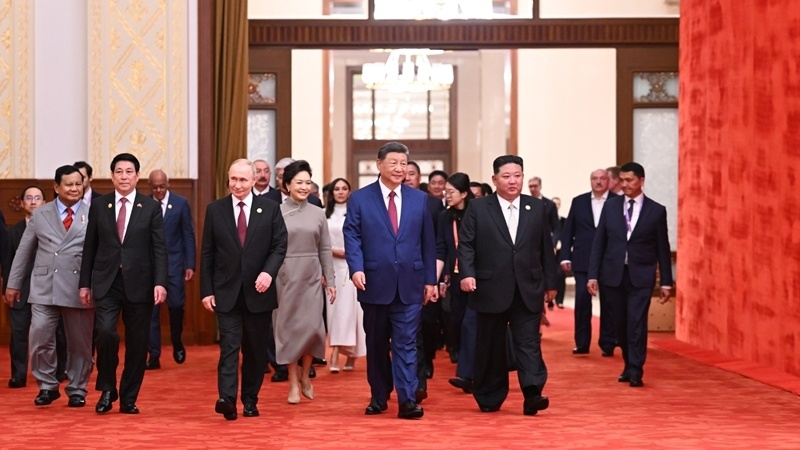
China’s Incentives and the Risk of Allied Defections
The international spotlight now turns to the durability of the U.S. alliance network. Washington continues to pursue protectionist trade measures, while Beijing exploits tariff disputes to lure partners with economic incentives, testing allied cohesion. This dynamic dovetails with the EU’s warnings of weakening multilateral structures, exposing fault lines in the global order.
Yet Wenran Jiang, director of the China Institute at the University of Alberta, stressed in a recent SCMP commentary the structural cohesion underpinning U.S. alliances. “The U.S., EU, Japan, South Korea, Australia, and Canada share more than economic interests—they are bound by security integration, cultural ties, and shared identity,” he wrote. Intelligence networks like Five Eyes and missile defense systems effectively anchor allies within America’s strategic framework.
Concrete examples reinforce this point: the EU has pledged $600 billion in investment and energy purchases to preserve market access; Japan and South Korea have maintained their alignment through large-scale investments and military cooperation. These cases show that despite grievances over America’s “predatory practices,” security and trust remain paramount in sustaining alliances. For most, defecting to a China-led bloc entails unacceptable risks.
Still, cracks may widen. Should U.S. protectionism intensify and allied frustrations deepen, Beijing’s incentives could find partial resonance. As the EU observed, with the “rules-based order” faltering and power politics ascendant, the tug-of-war between economic and security interests becomes inevitable. The prevailing equilibrium is fragile, experts warn, and future realignment of the international order will hinge on Washington’s next moves.

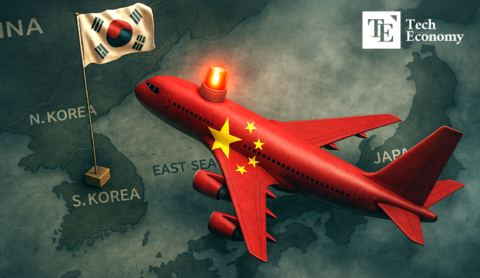
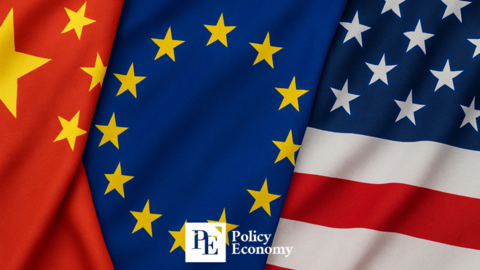
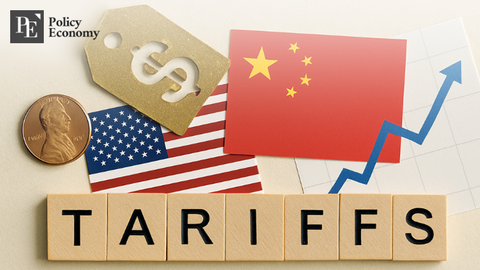




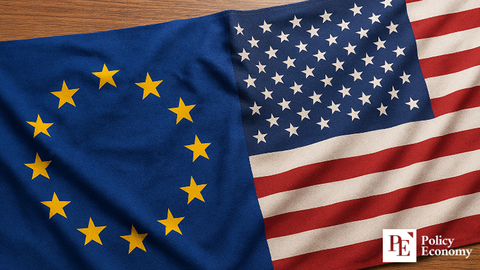













Comment